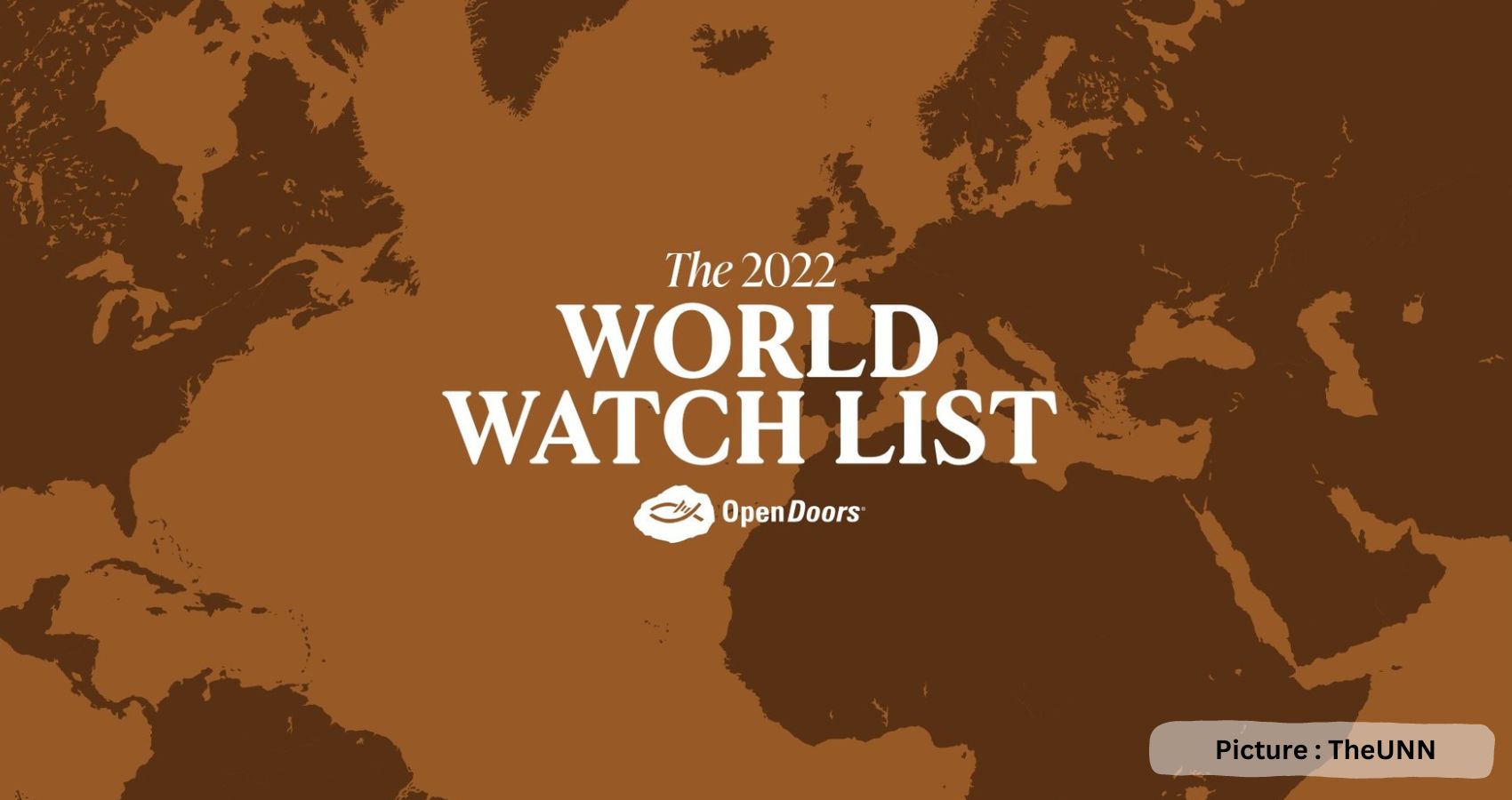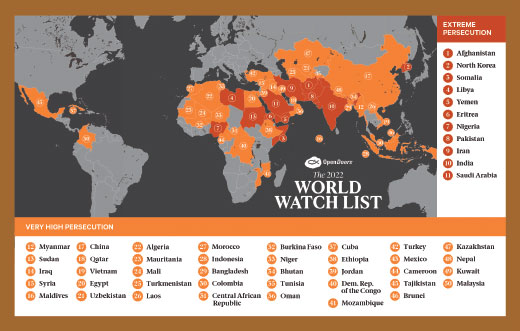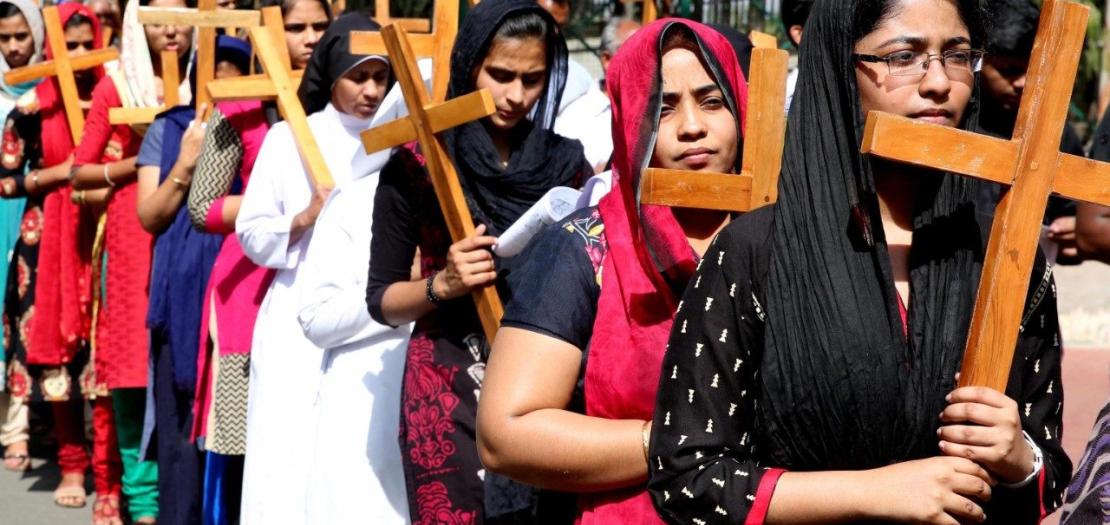The United States and the United Kingdom have executed strikes against Houthi targets in Yemen utilizing aerial and surface platforms, including fighter jets, backed by several other nations. According to two US officials, a minimum of 30 targets were hit across at least 10 locations.
The targeted sites encompassed command and control infrastructure, an underground depot for storing weapons, and other armaments utilized by the Houthis to threaten international shipping routes, as stated by an official.
The coalition, comprising the US, UK, Australia, Bahrain, Canada, Denmark, the Netherlands, and New Zealand, issued a joint statement reaffirming their commitment to de-escalate tensions and restore stability in the Red Sea while issuing a warning to the Houthi leadership regarding their actions. The statement emphasized their determination to safeguard lives and ensure the unhindered flow of commerce through one of the world’s vital waterways.
In the operation against Houthi targets in Yemen, two US destroyers, the USS Gravely and USS Carney, fired Tomahawk missiles, serving as a component of the offensive, as per a US official. Additionally, F/A-18 fighter jets from the USS Dwight D. Eisenhower aircraft carrier were engaged in the strikes.
Preceding these strikes, the US intercepted six Houthi anti-ship cruise missiles before they could be launched towards the Red Sea, as confirmed by US Central Command.
These successive strikes come in response to a drone attack that claimed the lives of three US service members and injured many more, prompting the Biden administration to adopt a nuanced approach. Instead of targeting Iran directly, the US is focusing on influential proxies supported by Tehran, signaling a message to Iran’s leadership through indirect means.
While the strikes in Yemen are distinct from those in Iraq and Syria, both operations target Iranian-backed groups in the Middle East. US Defense Secretary Lloyd Austin asserted that the recent strikes aim to disrupt and degrade the capabilities of the Houthi militia, emphasizing a collective resolve to impose consequences if the Houthi attacks on international shipping and naval vessels persist.
President Joe Biden authorized Saturday’s strikes earlier in the week, emphasizing that they are a direct response to Houthi actions and not indicative of a desire for escalation.
Mohammed Al Bukhaiti, a prominent figure in the Houthi Political Council, reiterated the group’s determination in the face of coalition strikes, emphasizing their commitment to ongoing military operations against Israel until certain conditions are met.
Separately, the US conducted unilateral strikes against sites in Syria and Iraq, hitting over 85 targets, including command centers and weapons facilities. While the administration deemed these strikes successful, it pledged further action against Iranian-backed groups in the region.
Austin characterized Friday’s strikes as the beginning of a broader response, without specifying the timeline for subsequent actions.
Approximately 24 hours after the initial strikes in Iraq and Syria, the US carried out additional strikes in Yemen. These strikes mark the third instance in recent weeks of joint US-UK operations targeting Houthi sites. In previous rounds, the coalition targeted weapons storage facilities and radar sites to impede Houthi attacks on critical waterways.
Despite these efforts, the Houthis have remained resolute, expressing defiance towards the US and UK, reaffirming their determination to confront what they perceive as aggression.
In addition to major strikes, the US has undertaken smaller-scale operations targeting Houthi drones. Recent actions included intercepting drones deemed an imminent threat to shipping lanes and US warships in the Red Sea and the Gulf of Aden.





